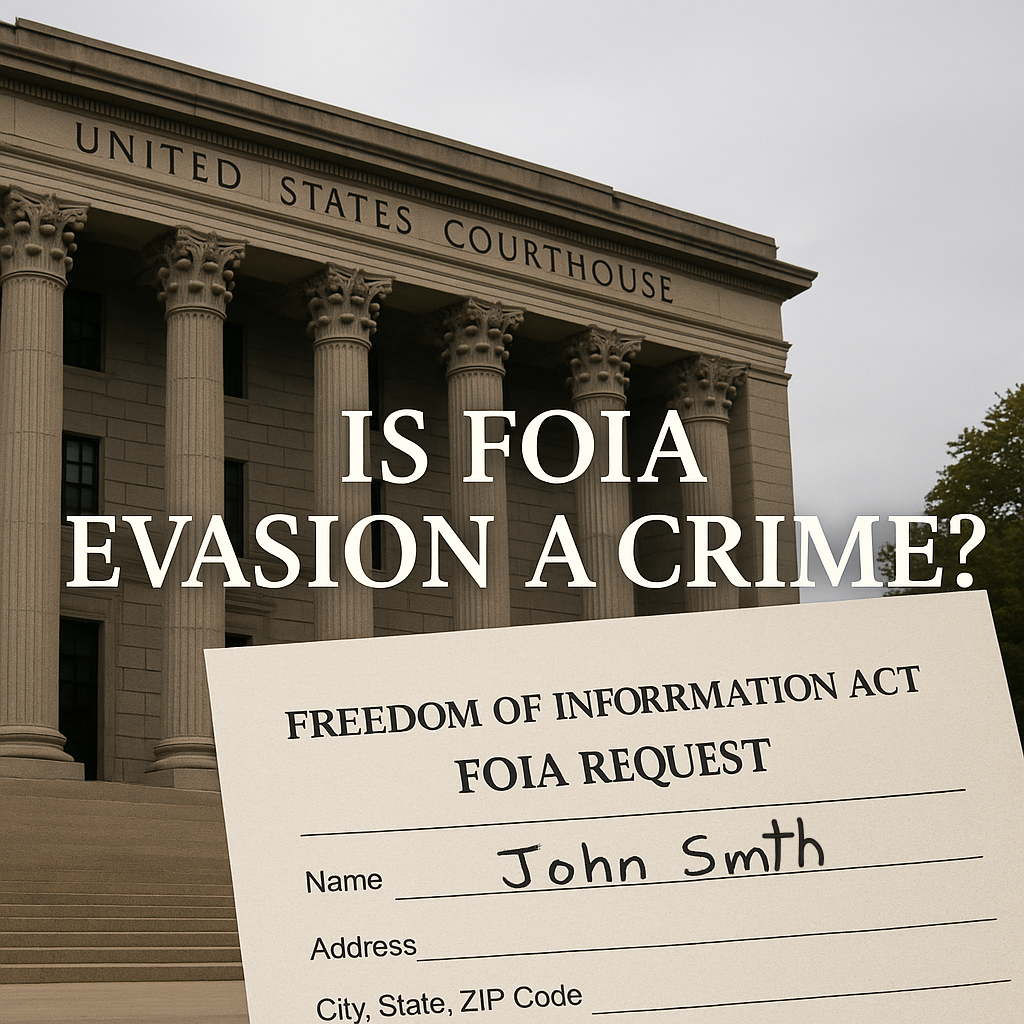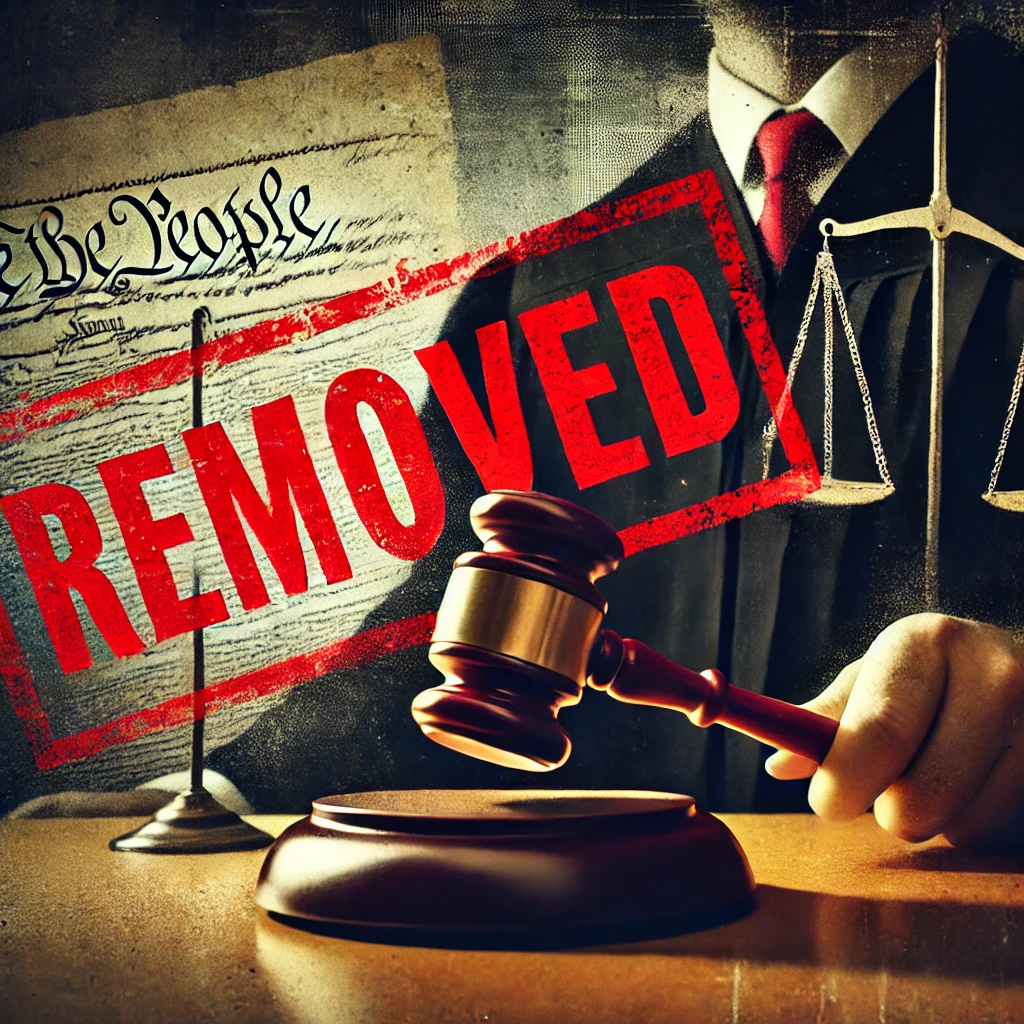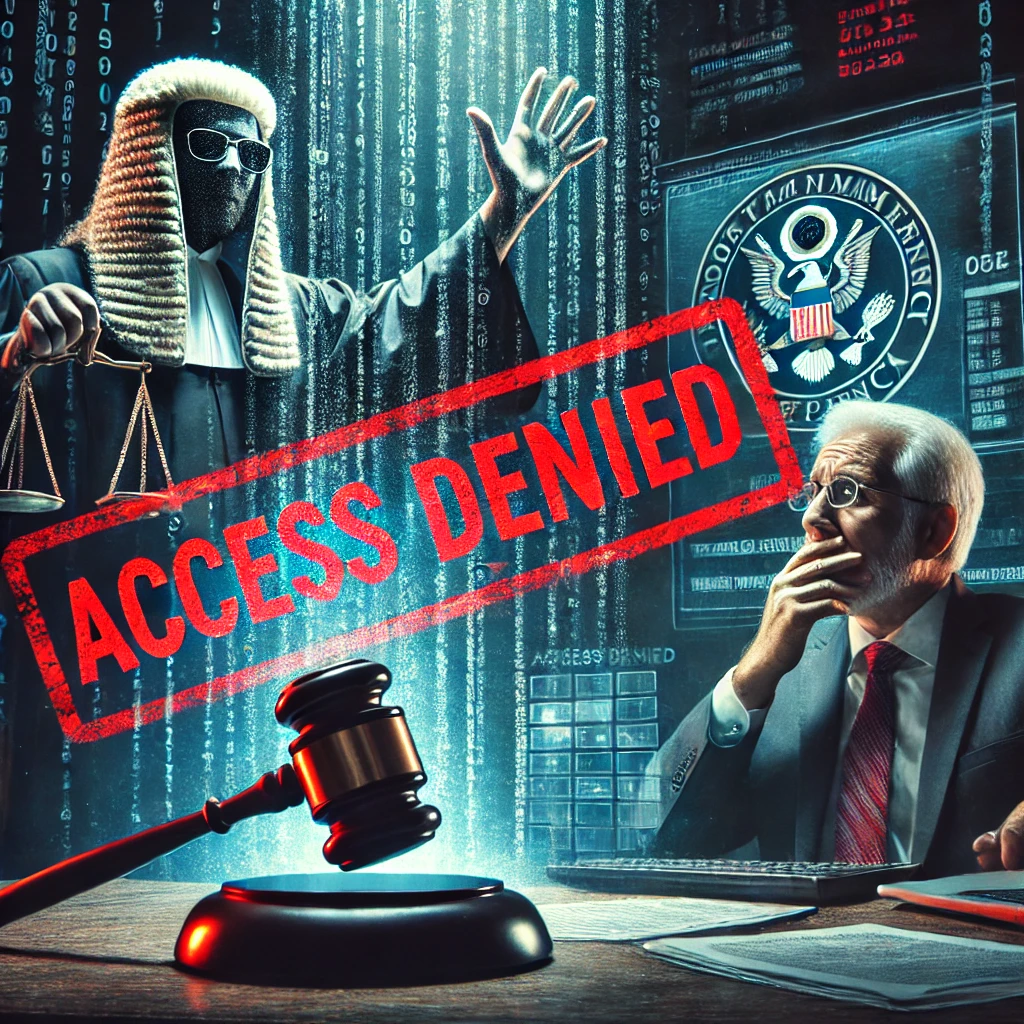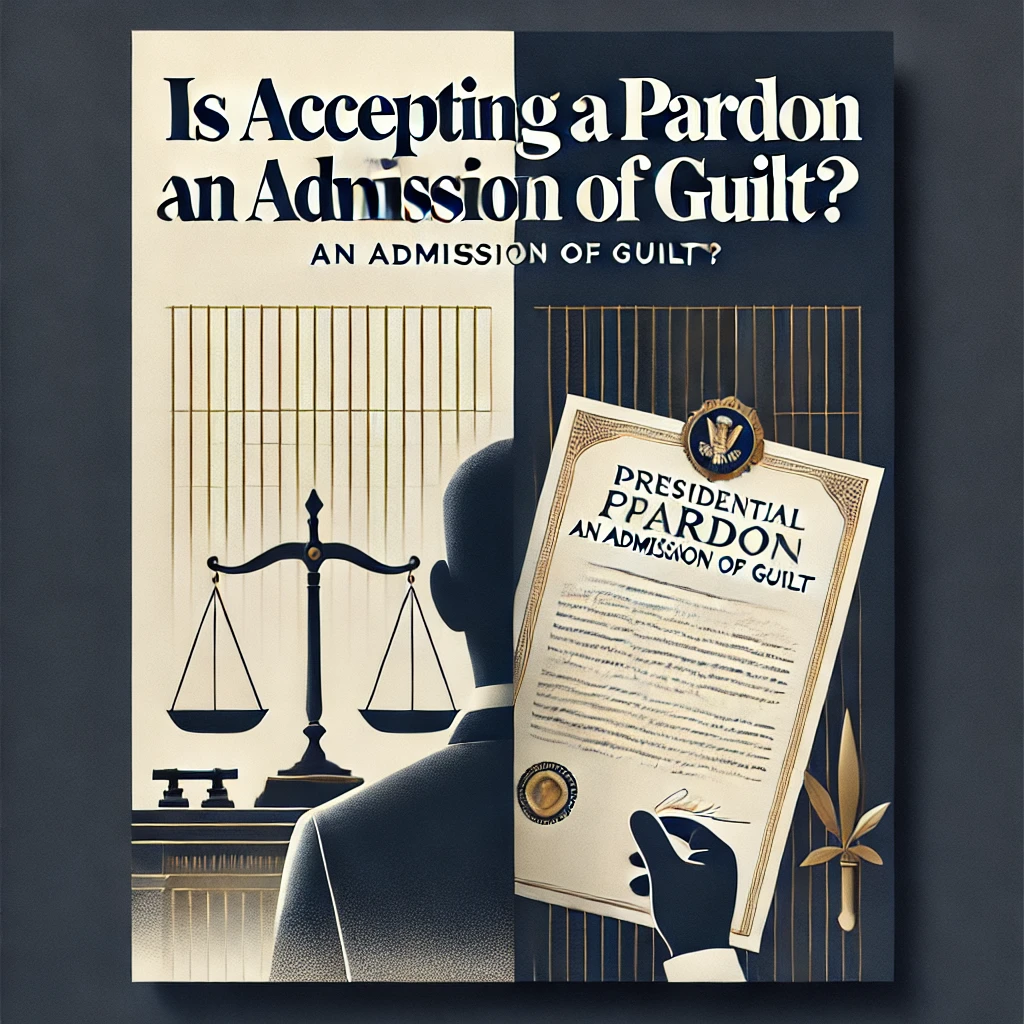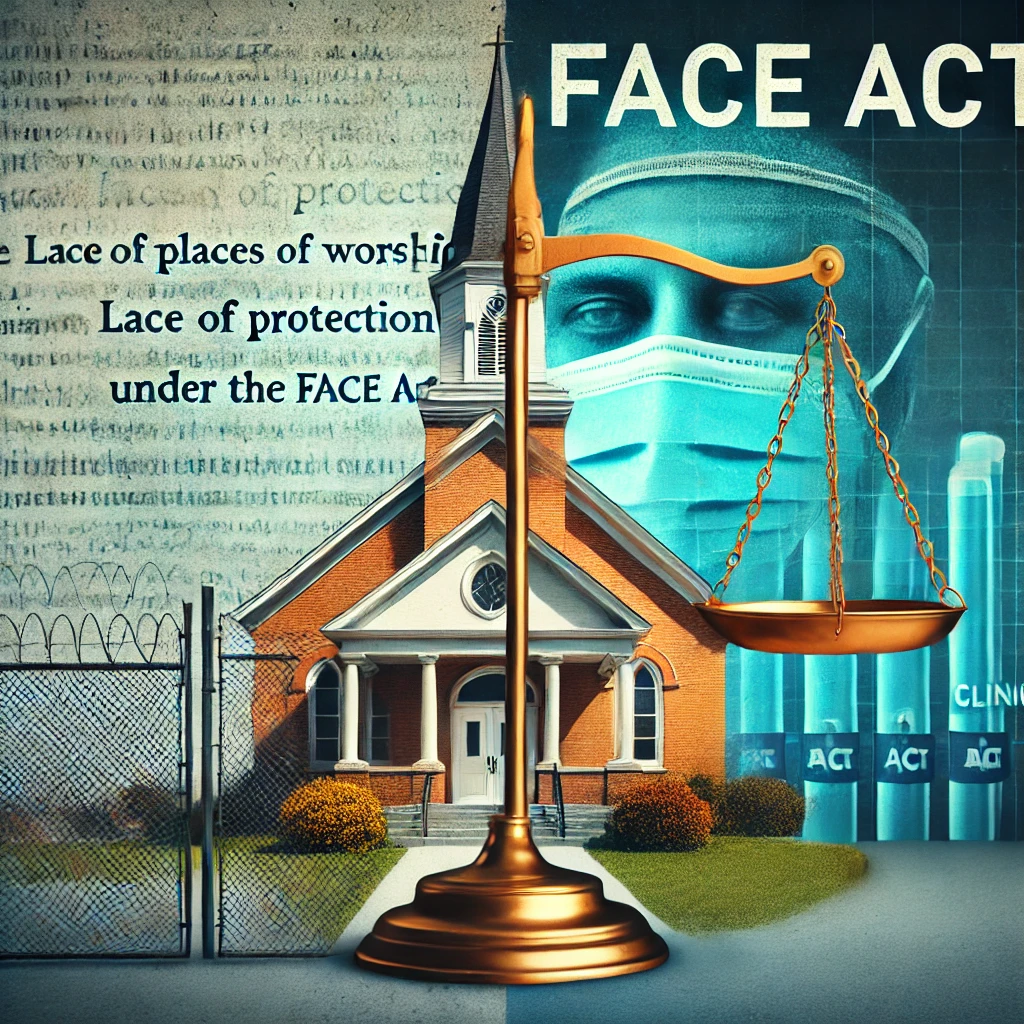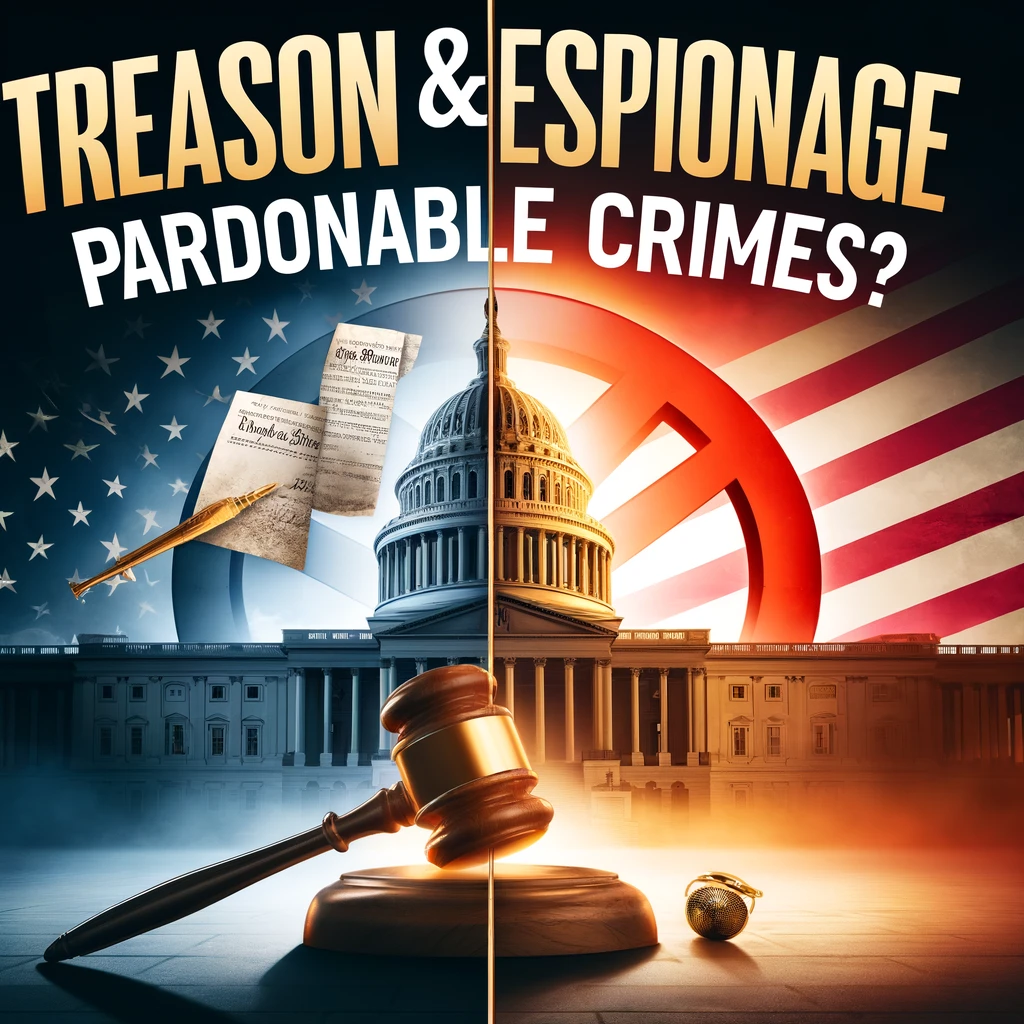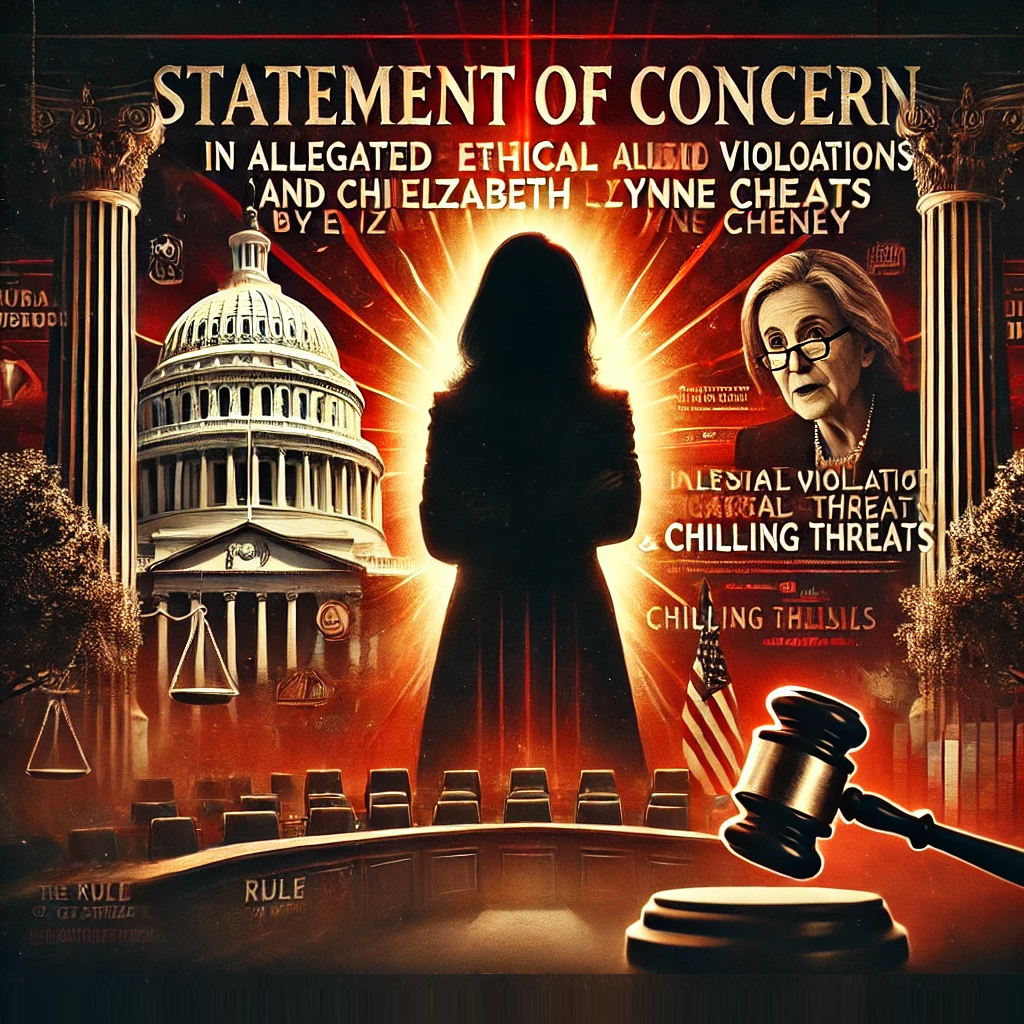When the Government “Misspells” to Mislead: Is FOIA Evasion a Crime?
Government transparency is not supposed to be optional. The Freedom of Information Act (FOIA) was enacted so the American public could look behind the curtain and understand what federal agencies are actually doing. But what happens when agencies—or their employees—intentionally alter names, identifiers, or spellings inside government databases to ensure those records never appear in…
Read more

